
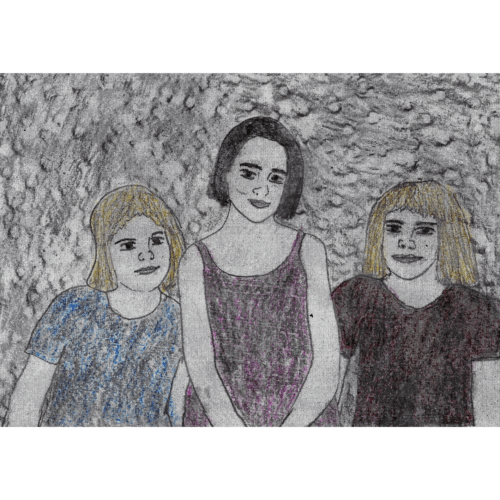
Halla Birgisdóttir, Viktoría Birgisdóttir og Gróa Rán Birgisdóttir
images:
Halla Birgisdóttir
@hallamyndskald
www.hallabirgisdottir.org
translation:
We, the authors of this essay, are three sisters. Halla is a 32 year old artist who has recently finished her masters in teaching arts from the Icelandic University of the Arts. Viktoría is 30 years old and holds a Bachelors degree in psychology and a diploma in vocational rehabilitation. Gróa Rán is a 30 year old occupational therapist who is currently taking her masters in disability studies at the University of Iceland. We grew up in the country side and spent a lot of time together in nature and amongst animals. We are very different, but one of the things we have in common is to be diagnosed with bipolar disorder, which are periods of manias and depression. Despite all having the same diagnosis, the manifestations are not the same. By sharing this conversation we had, we hope to provide the reader with an opportunity to see bipolar disorder in a different light based on our experiences.
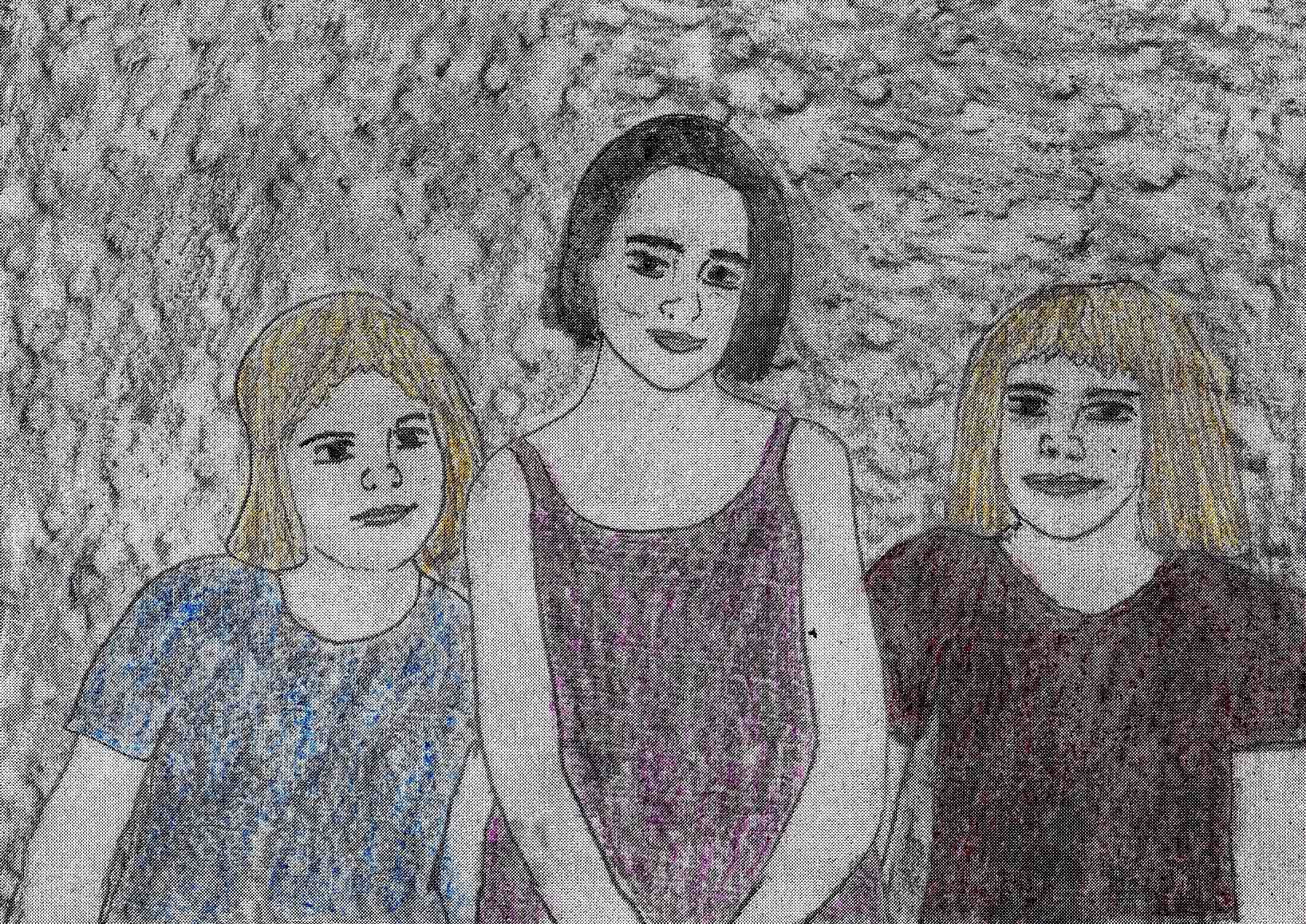
Halla: In 2011 it became clear that I had psychological issues, when I went into psychosis while travelling abroad. I was admitted to a psychiatric ward in London and after that in Iceland. But it is still hard to define precisely when I became ill the first time. I think I had been having psychological issues long before that.
Viktoría: We did not know what bipolar disorder was at that time so it was all very new to us.
Gróa Rán: Exactly, I was diagnosed with depression when I was 12 years old, but when I look back that was the beginning of my bipolar disorder. It wasn’t until 2015 that I was diagnosed bipolar, when I had a big mania following a period of stress. Stress is one of my risk factors for rocking up and at that point I got manic enough to be admitted.
Viktoría: I was diagnosed with bipolar disease a year later, in the spring of 2016 I went into a big mania. Just like with Gróa, it was due to stress and changes in my personal life.
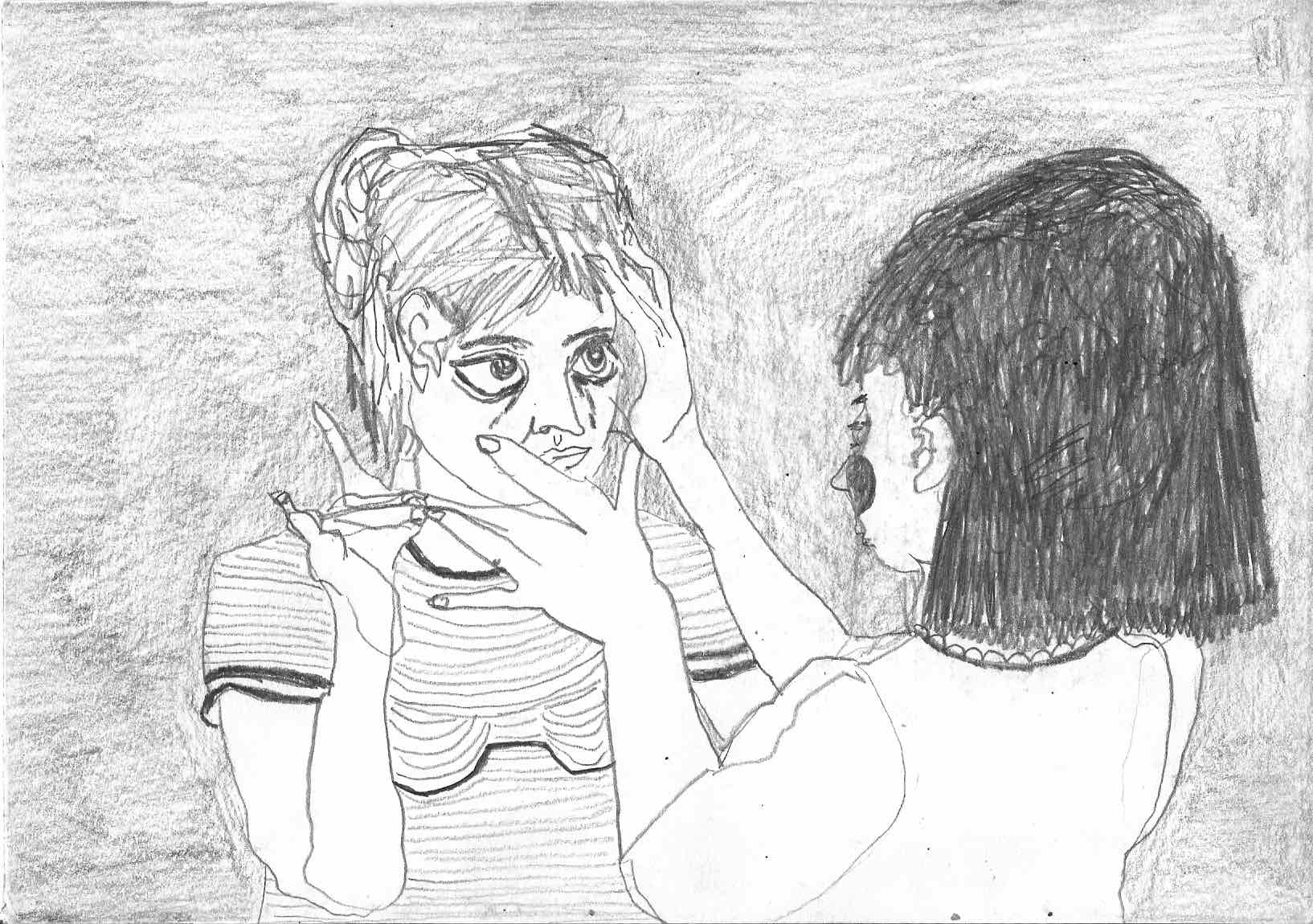
Halla: After becoming ill you need to somehow deal with this new reflection of being a mental patient.
I didn’t feel like I fitted into to this new stereotype, that I thought I would fit into.
I searched for it in movies and books. I read about artists and things like that and collected what I thought fitted to my experience. When I saw a TV program about a woman who was in a severe mania, I realized that there was something that matched my experience. I felt relieved because I felt like I understood more about what was going on within me. I also got a word for it; bipolar disease.
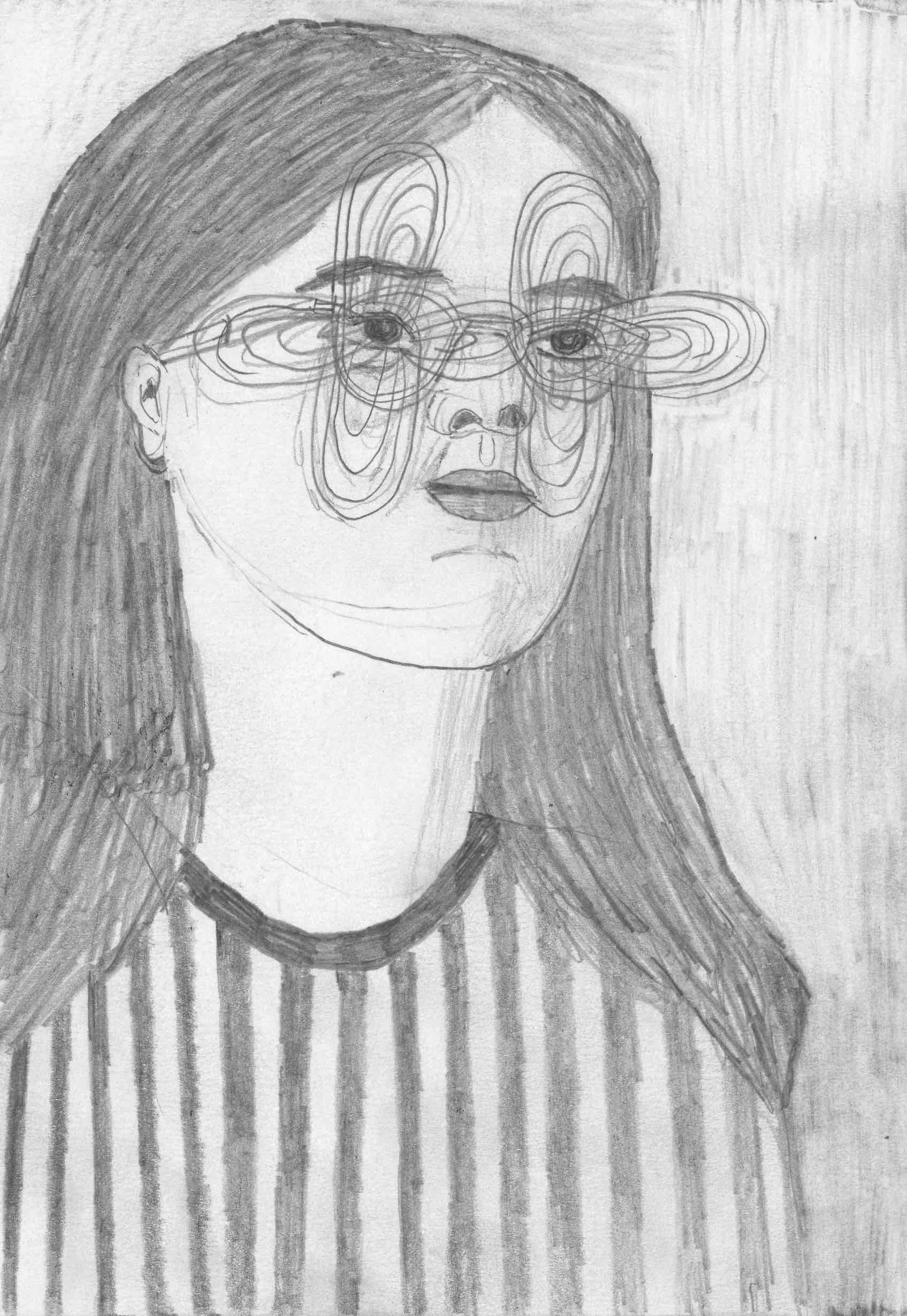
Gróa Rán: I think I can agree to that. People often talk about a label that comes with being diagnosed and the diagnosis is often portrayed as something negative in the media and elsewhere. My experience, however, is that the diagnosis… for me personally.. is nothing but positive, because by getting the correct diagnosis you can begin the right treatment. The involvement of professionals is very important and in my case I got help from the Landspítali bipolar disease team. With their support I could learn to live with this disease and get the right medication, which help me. It was only then that I could get my life back. I didn’t realize before then how much the bipolar disease had taken over my life. So as soon as the bipolar disease diagnosis was in, it was like: “aha, that’s it!” and after that I could finally begin my journey of healing.
Viktoría: That’s why it’s so important, to know this disease and know the effects it has on you and being careful that it doesn’t take over.
You know, I am not bipolar disease, I am Viktoría and I have bipolar disease.
It came out of the blue that I started calling the bipolar disease Málhildur. The lifestyle I lead and the medication I take, help to keep her calm and at bay. If I would stop taking care of myself, then Málhilur would go loose and take over. Málhildur is still my friend, she is not some witch. She is just Málhildur, I have to let her live with me but she has to keep calm.
Gróa Rán: I did something similar to Viktória and took the approach that I was the bipolar disease’s friend. I somehow wanted to purposely look at this as positively as I possibly could. I am responsible for my sleep, work out regularly and so on. I take those steps that help me maintain balance and healing. That way, I manage to live with bipolar disease and it does not affect my daily life in a negative way. You can have a very fulfilling live, on average, but bipolar never really goes away. The support from people around you is also very important. In my opinion the disease is not attached to one person. Bipolar disease doesn’t affect only us but it affects the people around us in a big way. That’s why I am not only invested in my own health but try to stay in balance for the sake of my family.


Viktoría: Before I was diagnosed myself, I saw bipolar disease only from the standpoint of a relative. After being diagnosed my view changed entirely and now I can place myself better in the footsteps of my sisters and I feel I can support them better as a result. To learn about bipolar disease from different points of view is in my opinion a very important way of understanding what is really going on. Halla has recently published her book, Did I notice then or did I notice afterwards? Which is about her experience of going into psychosis. When I read the book I remember my point of view as a relative but I also get a glimpse into what Halla was going through in her psychosis. I never really thought about how Halla was feeling and what was going through her mind in that period because I was in my role of being a relative and the only thing I could do was to support Halla the best I could even though I sometimes felt I could not do anything. When I became ill for the first time I felt very lucky to have sisters who had both experienced psychosis because they started noticing behaviours and symptoms of psychosis and could step in early. There is a good chance that I would have gone all the way into psychosis because my behaviour was similar to Halla’s right before her psychosis. I did not realise myself what was happening, but that is how it is when you are manic. It is therefore so important to know what bipolar disease is and get to know your own disease. Having bipolar disease is not something negative.
I can speak on behalf of all of us when I say that if we could go back and change our past and stop the bipolar disease we would not do it.
It was hard at times but that experience has developed us and made us into the people we are today.
Bipolar disease is only one manifestation of the human flora in this world.
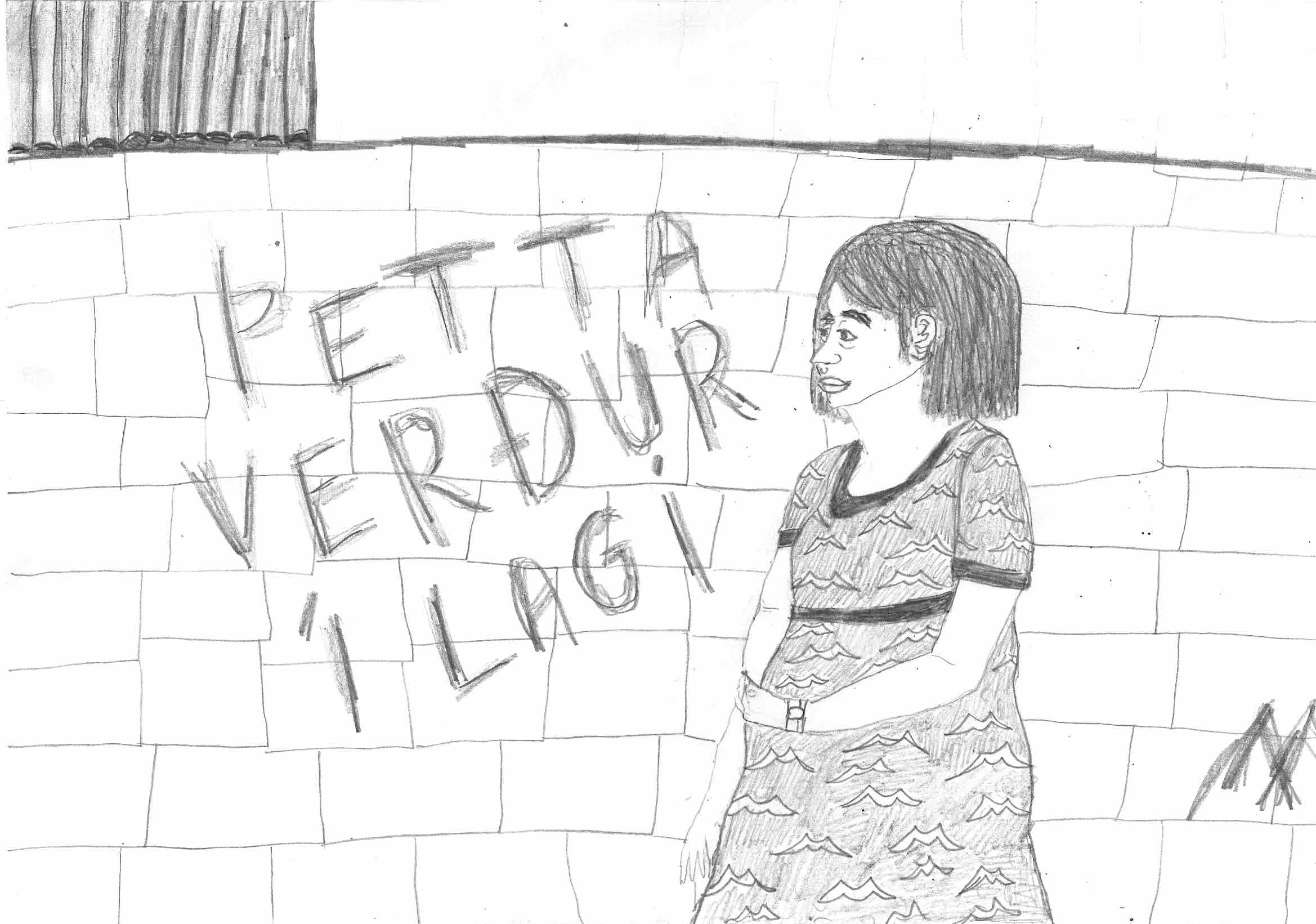

The heavy backpack: Being diagnosed with C-PTSD
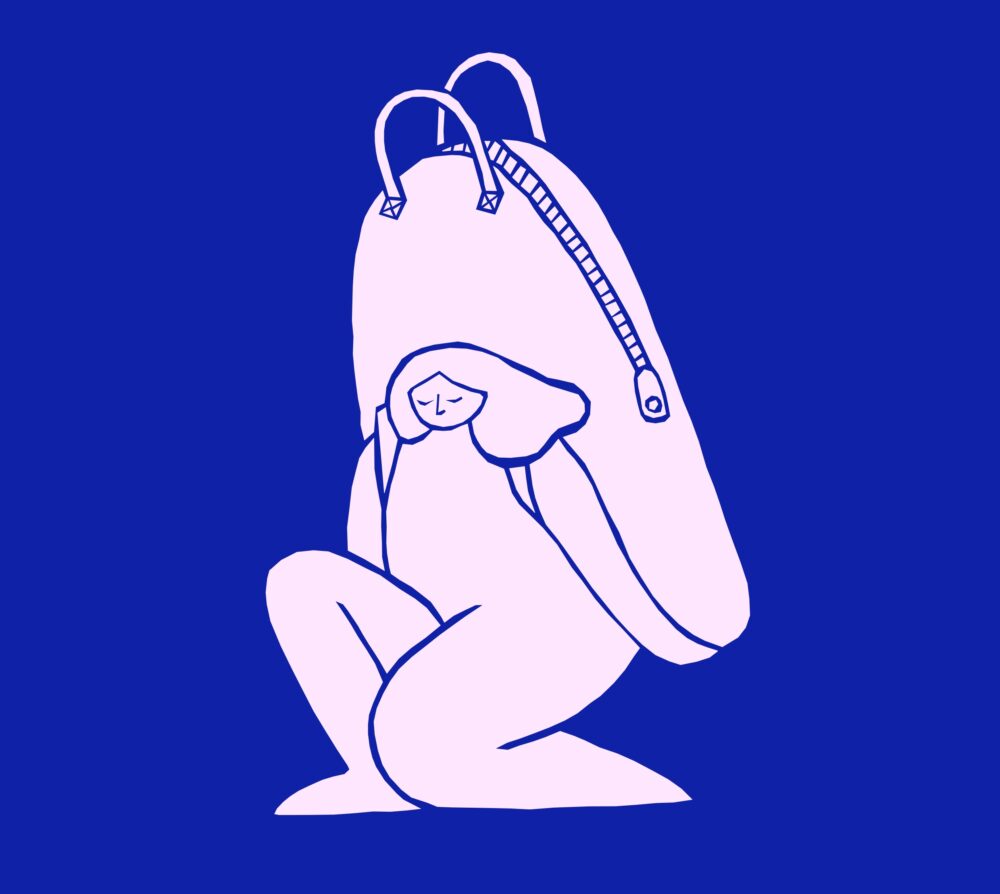
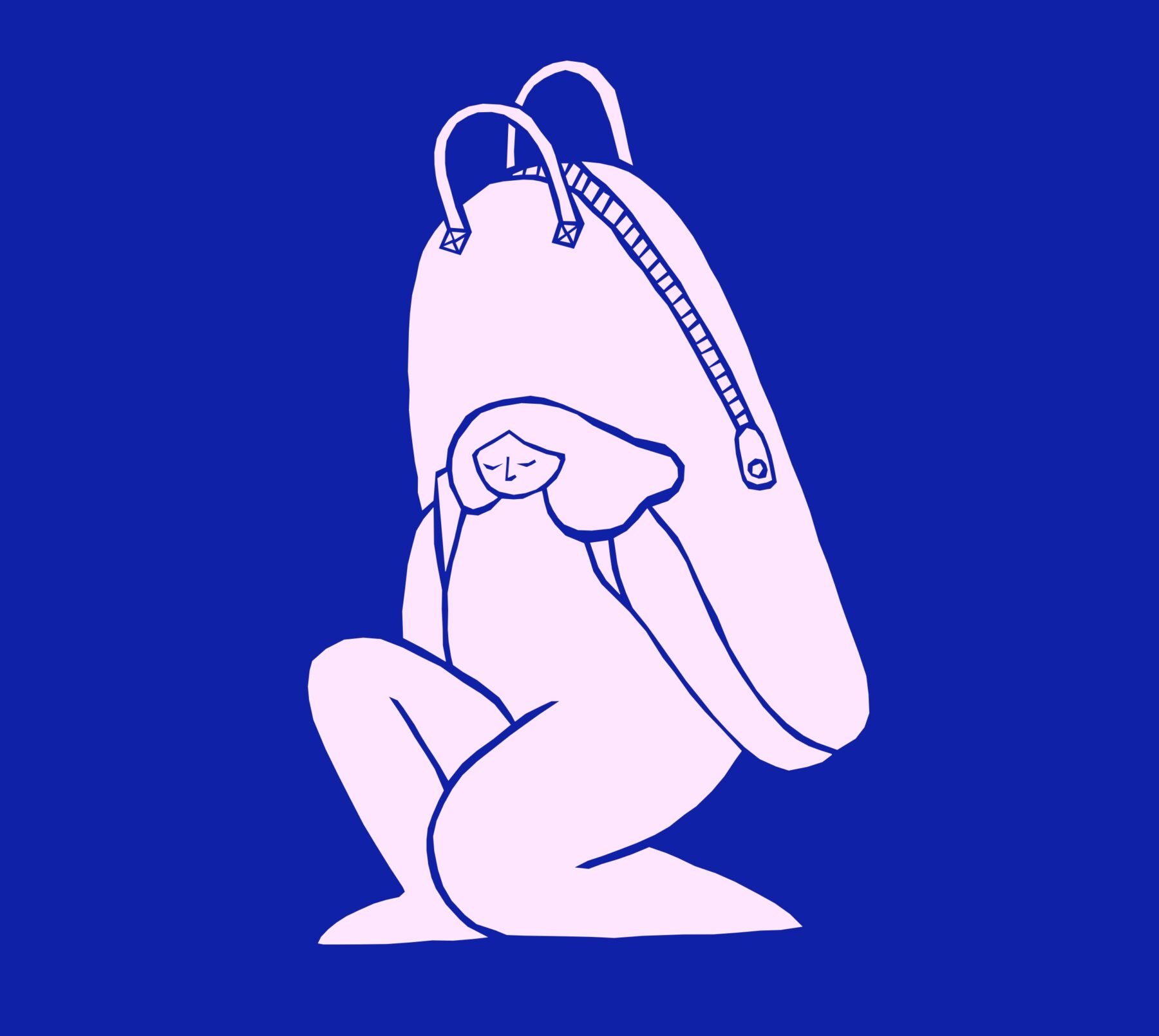
My Right to Exist
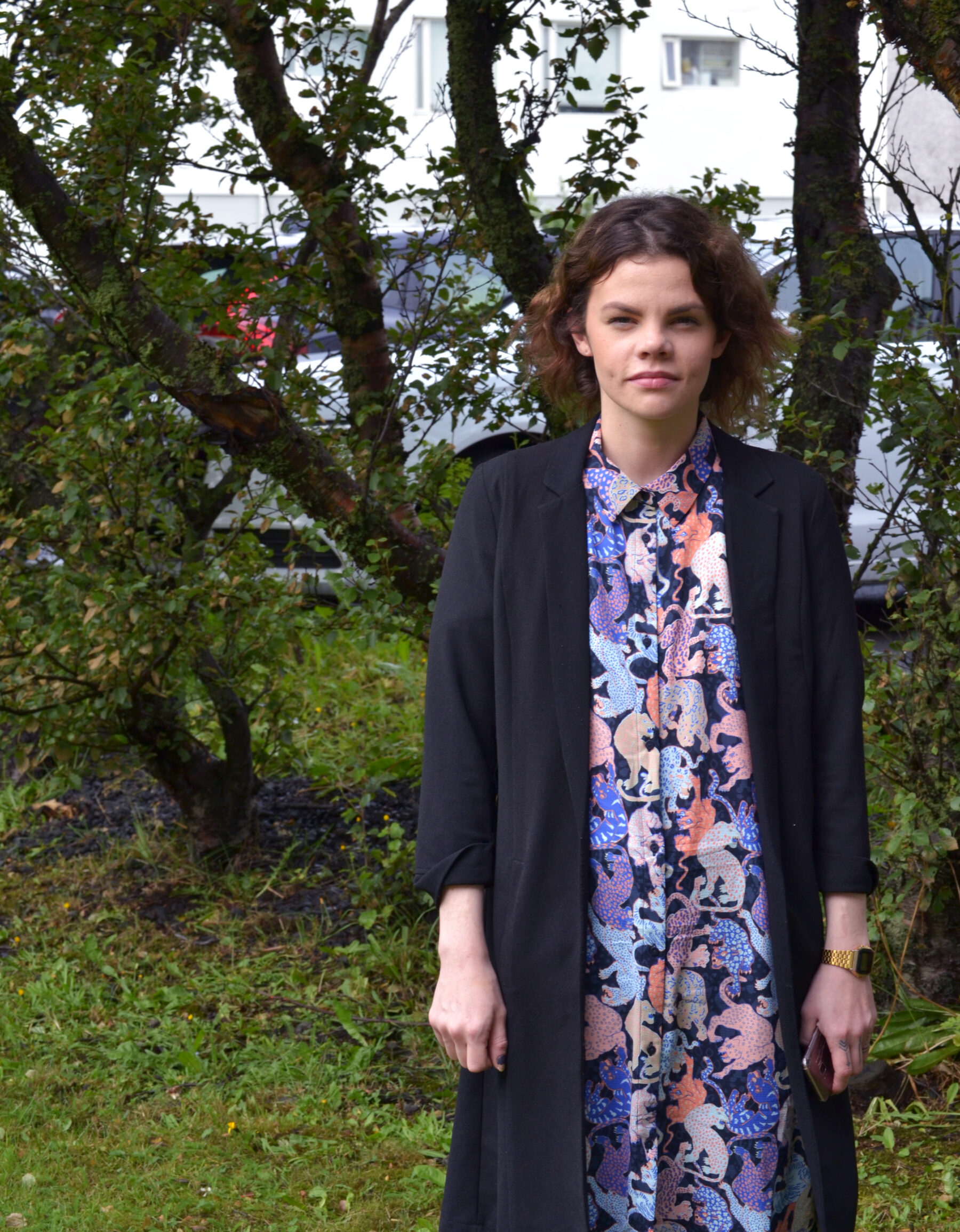

Stereotypes
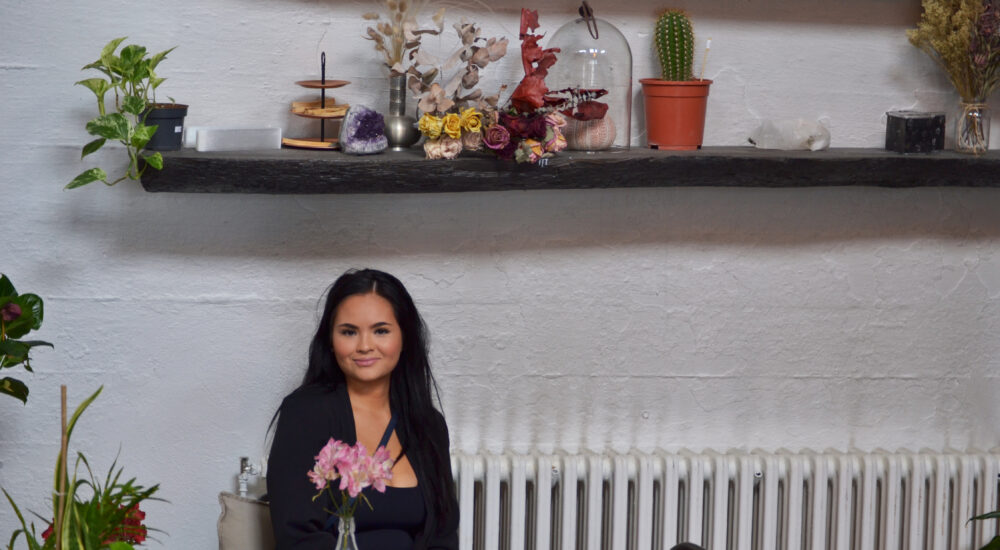
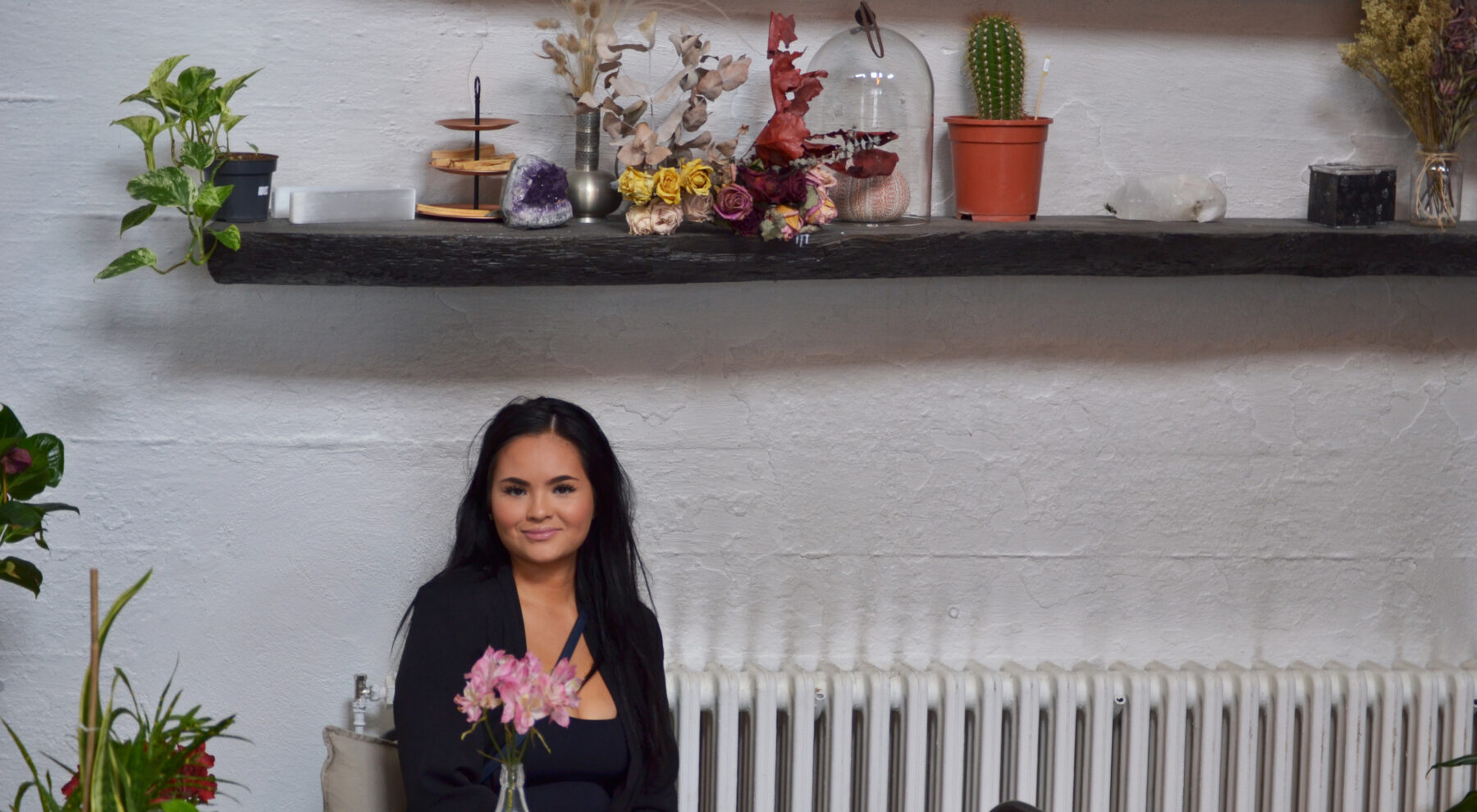
Why Not Now — New Mental Health Care Subsidy Law
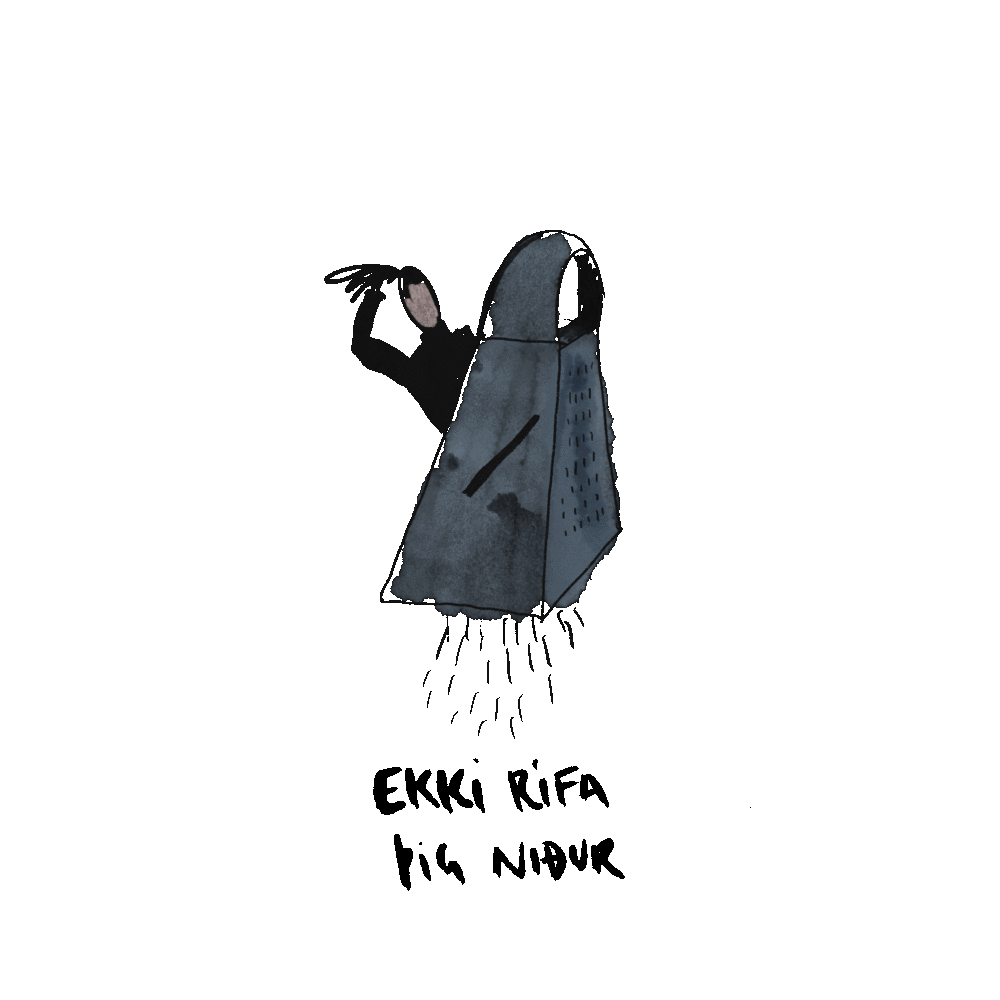
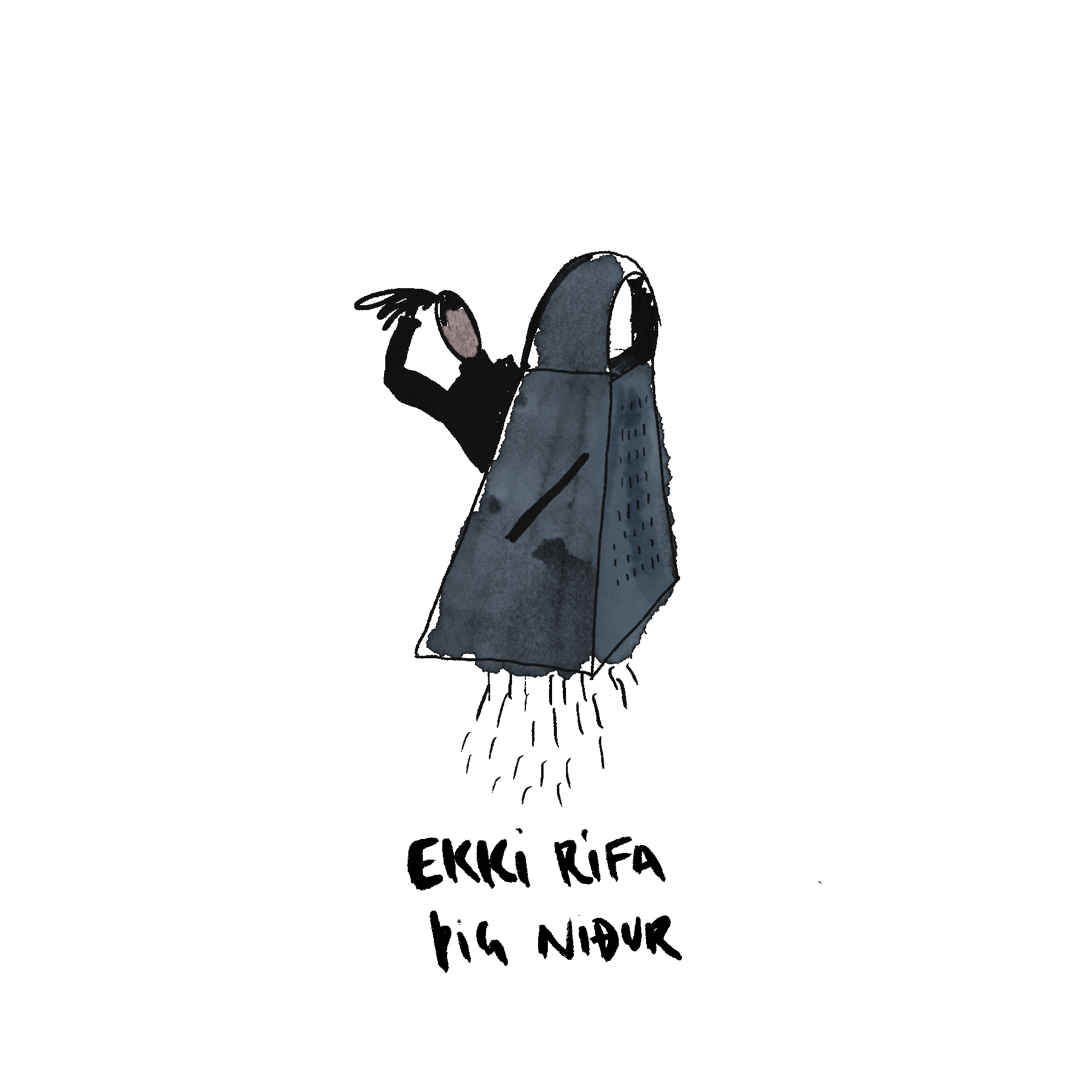
Read more about...